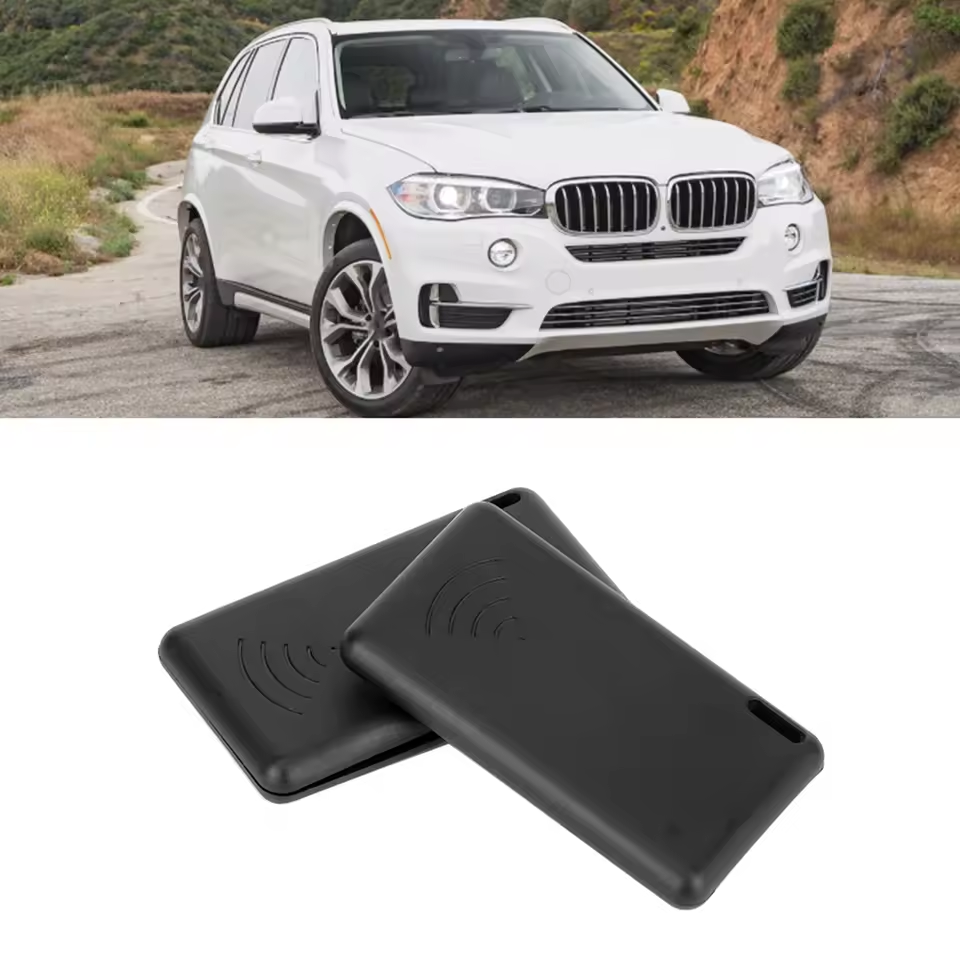Introduction to Engine Immobilizers
The concept of engine immobilizers might seem complex, but it’s quite straightforward. An engine immobilizer is a security device. It stops engines from running without the correct key. If you’ve ever wondered what is engine immobilizer and how it adds a layer of protection to your vehicle, you’re not alone. Many drivers rely on this technology every day.
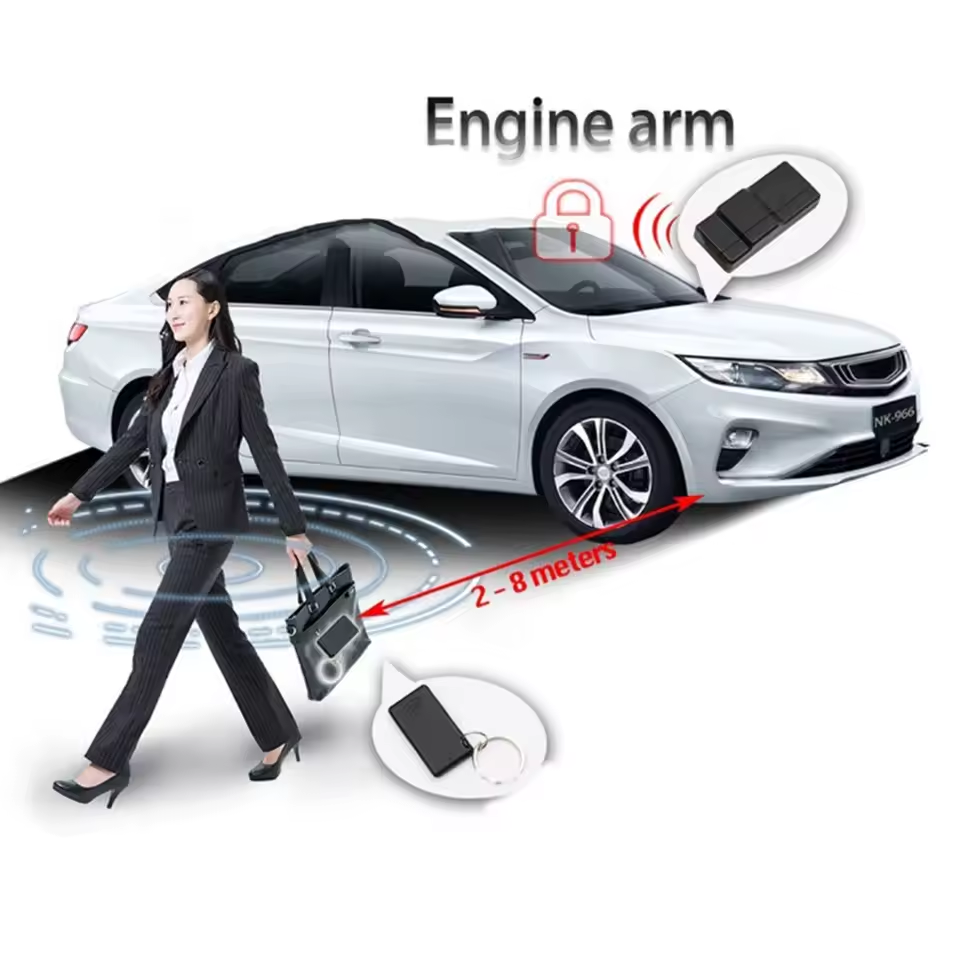
Engine immobilizers became popular as car theft rates rose. This technology has now become a standard feature in many modern vehicles. When you insert the key or fob, the immobilizer reads a unique code. If the code matches, the engine will start. If not, the immobilizer blocks the ignition or fuel system. It prevents the car from starting.
This might make you think, why is this system named ‘immobilizer’? Well, it literally immobilizes the vehicle by blocking vital functions needed for a start-up. This happens when someone attempts to use an unauthorized key or hack the system. The engine immobilizer thus plays a crucial role in preventing car theft. Its importance can’t be overstated. Vehicle owners now can find some peace of mind, knowing that their cars have this extra layer of protection.
In the following sections, we’ll delve deeper into how engine immobilizers work. We’ll also look at their key components, types, benefits, and maintenance tips. By understanding your vehicle’s security features, you’ll appreciate the importance of engine immobilizers and feel more confident in their role in safeguarding your car.
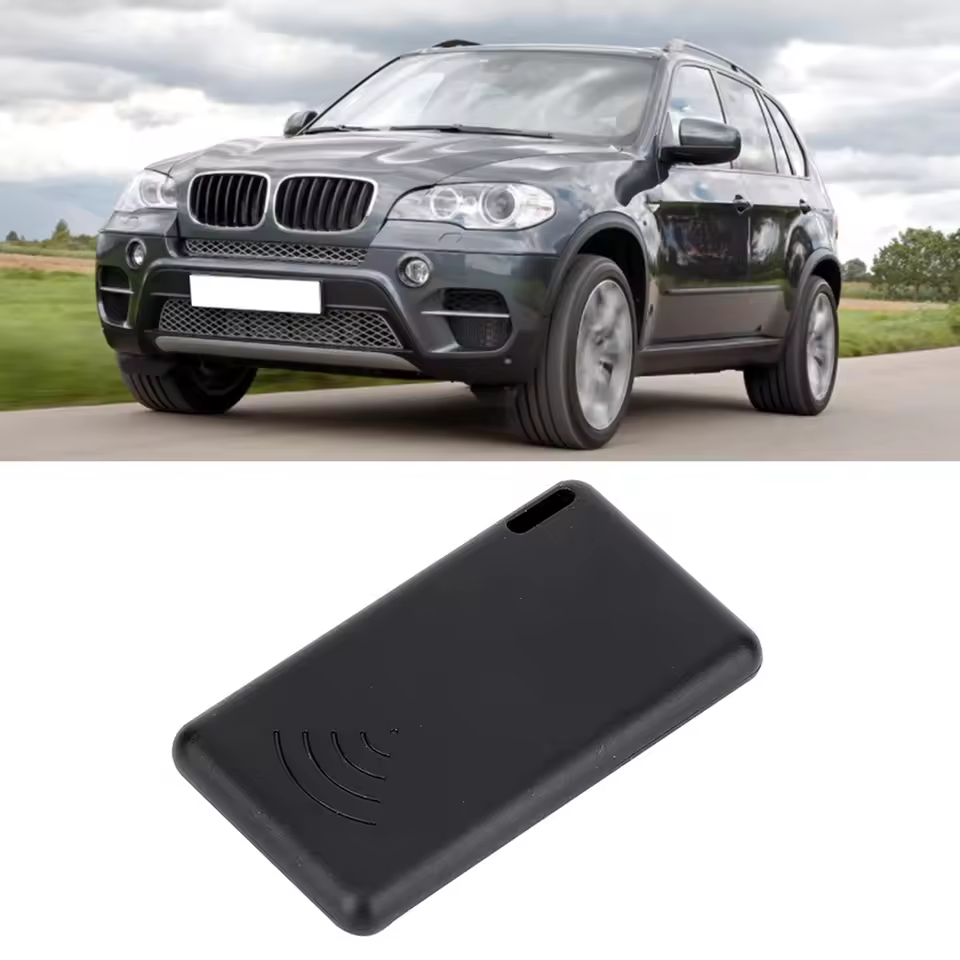 The Working Principle of Engine Immobilizers
The Working Principle of Engine Immobilizers
Understanding how an engine immobilizer works helps in appreciating its role in vehicle security. At its core, an engine immobilizer is a verification system. It confirms that the key used to start the engine is authorized. Here’s a simplified step-by-step look at its working principle:
- Key Insertion: When you insert the key or fob, the immobilizer system activates.
- Signal Transmission: The key sends a unique code, a digital handshake of sorts, to the immobilizer’s control unit.
- Code Verification: The immobilizer checks this code against a pre-programmed one in its system.
- Engine Activation: If the codes match, the immobilizer permits the electrical systems to engage and the engine to start.
- Engine Blocking: If the code doesn’t match, the immobilizer blocks the starter motor or fuel supply system, preventing the engine from turning on.
The beauty of the engine immobilizer is its simplicity in preventing unauthorized use. If someone attempts to bypass the system without the right key, the car remains stationary. Immobilizers use embedded transponder chips, often in the keys, which are difficult to duplicate. This security feature has dramatically lowered car theft, as it requires sophisticated equipment to hack. So when we ask what is engine immobilizer, it’s clear it’s a smart, efficient barrier against car theft.
Key Components of an Engine Immobilizer System
Understanding the key components of an engine immobilizer is crucial. It helps us realize how this system ensures vehicle security. Each part has a specific role and works together to prevent unauthorized use. Here are the main components:
- Transponder Key: The transponder key is where it all starts. It has a chip inside that sends a unique signal to the immobilizer.
- Control Unit: This is the immobilizer’s brain. It checks the signal from the key to see if it matches the stored code.
- Antenna Coil: Located around the ignition switch, the antenna coil reads the signal from the key when you insert it.
- Fuel System or Starter Motor Cut-off: This function stops the fuel supply or starter motor if the key’s code doesn’t match.
- Indicator Lights: These lights on the dashboard show the status of the immobilizer system. They alert if there’s an issue.
These components work silently behind the scenes. They make sure that your car starts only with the right key. They’re crucial for the ‘what is engine immobilizer’ question. They show how it prevents theft by making sure only the correct key can start your car.
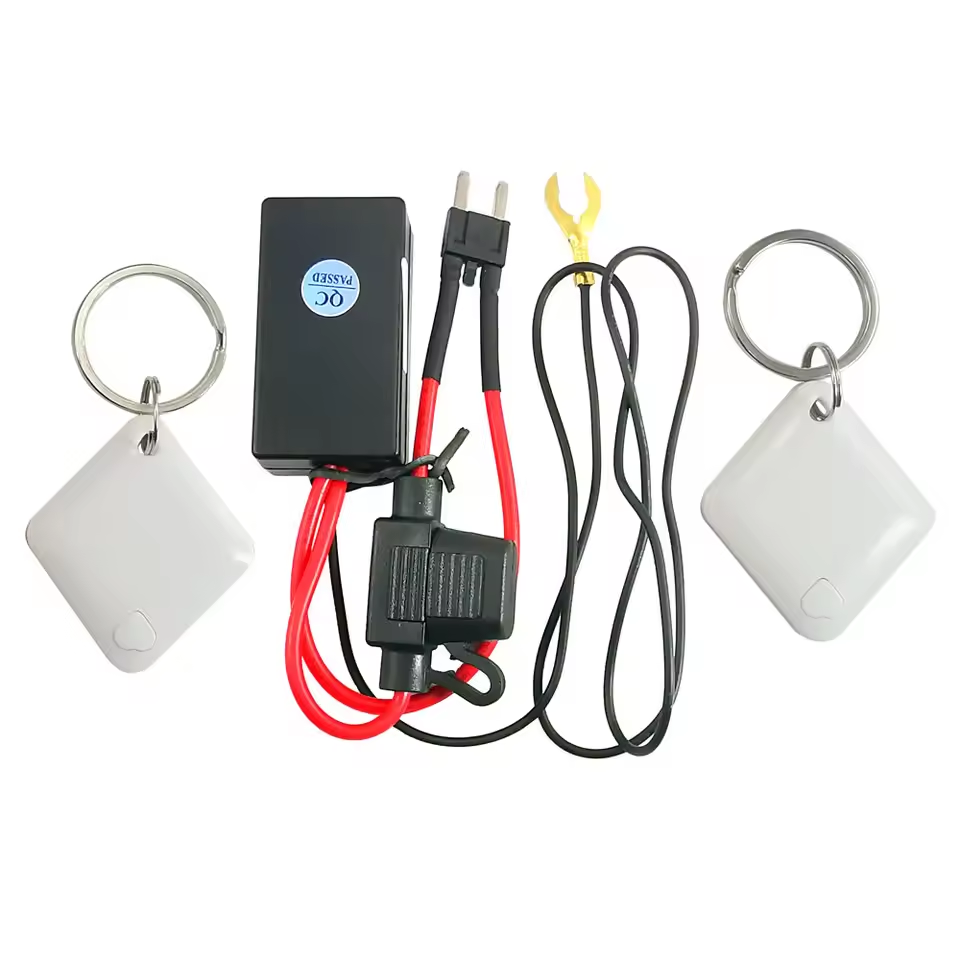 Benefits of Having an Engine Immobilizer in Your Vehicle
Benefits of Having an Engine Immobilizer in Your Vehicle
Installing an engine immobilizer in your vehicle comes with several key advantages. Let’s outline these benefits:
- Deters Car Theft: The primary benefit of an engine immobilizer is theft prevention. If a thief tries to hot-wire the car, the vehicle won’t start without the correct key code.
- Insurance Savings: Many insurance companies offer lower premiums for vehicles equipped with immobilizers. This is due to the reduced risk of theft.
- Peace of Mind: Knowing that your car has an advanced security system can give you immense peace of mind. You can be more relaxed when parking in public areas.
- Higher Resale Value: Cars with additional security features, like engine immobilizers, often retain a higher resale value.
- Difficult to Bypass: The immobilizer’s complex encryption makes it hard for thieves to bypass. This complexity adds a solid layer of security to your vehicle.
- Remote Activation: In some systems, you can activate the immobilizer remotely, increasing convenience and safety.
By understanding what is engine immobilizer, it becomes clear that its importance extends beyond preventing unauthorized starts. It’s a comprehensive benefit to vehicle owners, financially, mentally, and in terms of overall car security. Having this technology in your car works to your advantage on various fronts, making it a wise investment for all motorists.
Types of Engine Immobilizers
Knowing the different types of engine immobilizers can help you understand which kind is protecting your vehicle. There are several types, each with its unique features and methods of operation. Here’s a breakdown of the common types you might encounter:
- RFID Immobilizers: This type uses radio-frequency identification to read the key’s code. It’s a passive system that activates when the key is near the ignition.
- Transponder-based Immobilizers: Most modern cars use this system. The key contains a transponder chip that communicates with the immobilizer when you attempt to start the car.
- Keyless Entry and Push-Button Start Immobilizers: These are found in newer vehicles. They allow you to start the car through a button press, once the vehicle detects the fob nearby.
- Biometric Immobilizers: These advanced systems use fingerprint or facial recognition to allow the engine to start, offering high security.
- Smart Immobilizer Apps: Some vehicles come with apps that let you control the immobilizer from your smartphone.
- Silent Immobilizers: This type operates by cutting off electrical circuits or the fuel system silently unless an authorized key is present.
Each of these systems offers a level of security, but their effectiveness can vary. When considering what is engine immobilizer for your vehicle, it’s essential to choose one that matches your security needs and the level of convenience you desire. The type of immobilizer could also impact your insurance premiums, as some might be considered more secure by insurance providers.
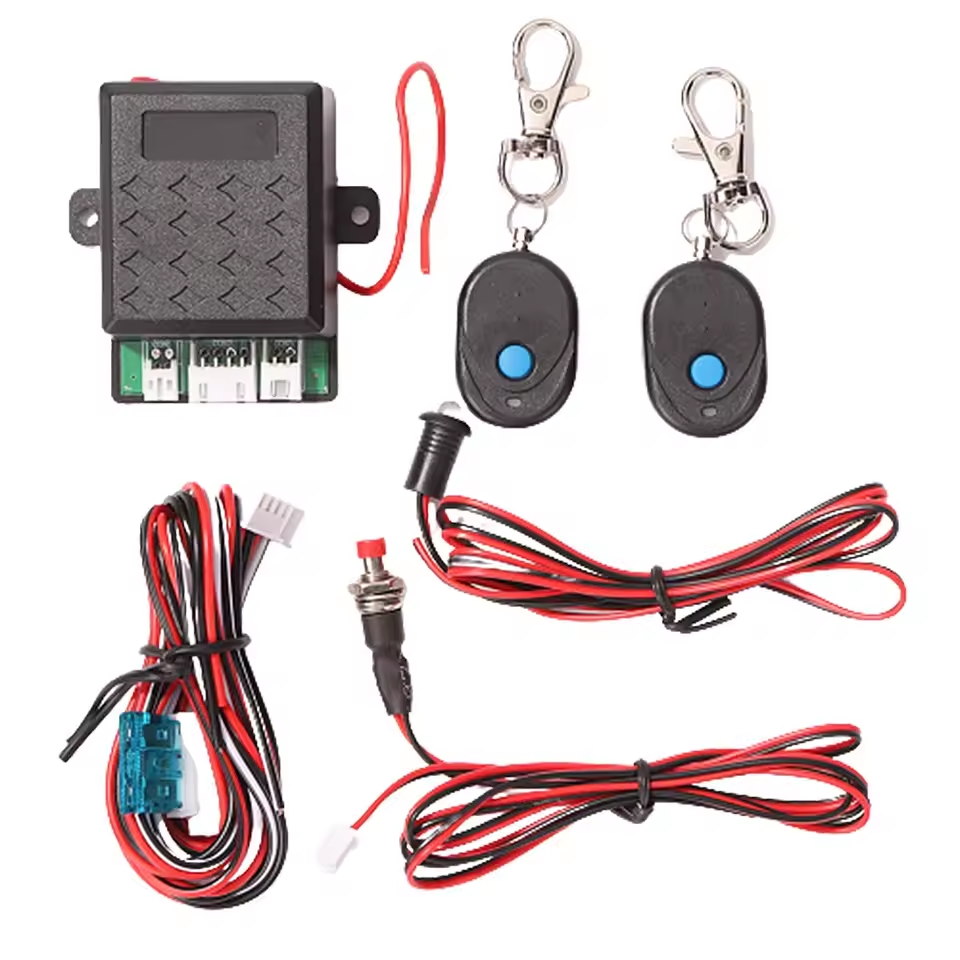 How Engine Immobilizers Prevent Vehicle Theft
How Engine Immobilizers Prevent Vehicle Theft
Engine immobilizers are at the forefront of preventing car theft. This system forms an effective barrier against unauthorized use. Here’s how they contribute to vehicle security:
- Recognizing Authorized Keys: Engine immobilizers only allow the engine to start with the correct key. They read the programmed code in the transponder key to verify authenticity.
- Blocking Vital Systems: If an incorrect key is used, the immobilizer blocks systems crucial for start-up such as the starter motor or fuel system. Cars won’t start without the right code.
- Advanced Encryption: The transponder chips contain encrypted codes that are tough to hack or duplicate. This encryption makes it hard for thieves to create fake keys.
- Visual Deterrent: The presence of an immobilizer system, indicated by lights on the dashboard, can deter thieves before they even attempt a theft.
- Automatic Lockdown: In case of a tampering attempt, the immobilizer system can automatically lock down the vehicle’s systems, making the car immovable.
Engine immobilizers are an invisible safeguard. They blend high-tech security with the simplicity of needing the right key for operation. By addressing the ‘what is engine immobilizer’ question, it’s clear how crucial they are in today’s world to keep vehicles secure.
Integration of Engine Immobilizers with Modern Car Technologies
The integration of engine immobilizers with modern car technologies is essential today. Advances in vehicle tech offer more ways to secure cars. Enhanced protection ensures that your vehicle is not an easy target. Let’s delve into how immobilizers mesh with the latest car technologies.
- Connectivity and Smart Access: Cars now connect to networks and smart devices. Immobilizers are part of this. They sync with apps for remote control and even immobilization.
- Advanced Biometrics: Some cars use fingerprint and facial recognition. These biometrics are beyond the traditional key. They add another security layer that works well with immobilizers.
- Smart Keys and Start Systems: Keyless entry and push-button starts are common now. Immobilizers check the fob’s presence before allowing the car to start. Security doesn’t get compromised, even with these modern systems.
- Telematics Integration: Telematics systems monitor car data. Immobilizers work with them to provide real-time alerts. They can detect and respond to unauthorized access attempts.
- Vehicle Tracking: New cars may come with GPS tracking. If theft happens, tracking systems can find the car. Immobilizers can aid by hindering the car’s operation, making it simpler to recover.
With each tech advance, what is an engine immobilizer integrates more into car security. It stays a step ahead of car thieves. It adapts to be a seamless part of these technologies. Car security is ever-evolving, and engine immobilizers play a vital role in that progress.
Maintenance and Troubleshooting for Engine Immobilizers
To keep engine immobilizers working well, maintenance and troubleshooting are key. Here are some tips and common issues you might face:
- Regular Maintenance: Just like any other car part, an immobilizer needs regular checks. Ensure your car gets routine inspections. This will keep the immobilizer system in good shape.
- Key Checkup: The transponder key is crucial. Make sure it’s in good condition. Damaged or worn keys can cause the system to fail.
- Battery Health: A weak or dead battery can affect the immobilizer. If your car struggles to start, check the battery first.
- Clean Contacts: Dirt or grime on the key or ignition can block signals. Keep them clean to avoid issues.
- Software Updates: Some immobilizers need software updates. Stay updated with your manufacturer recommendations.
- Professional Help: If you face problems, consult a professional. Trying DIY fixes might harm your system.
- Indicator Light Alerts: Pay attention to the dashboard indicator lights. They can signal problems with the immobilizer.
- Recoding Keys: If you lose your key, recode a new one as soon as possible. Authorized dealers can help with this.
By following these steps, you can ensure your engine immobilizer stays effective. It’s a key part of what protects your car. If you run into issues, tackle them quickly. This will keep your vehicle secure at all times.
